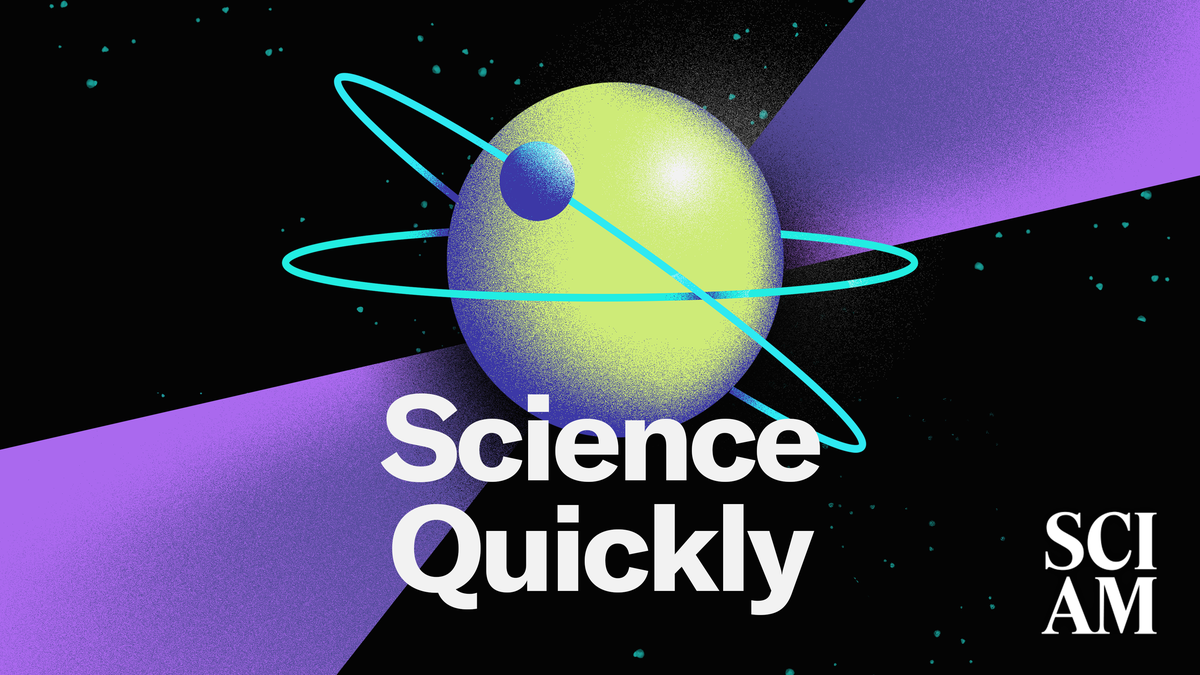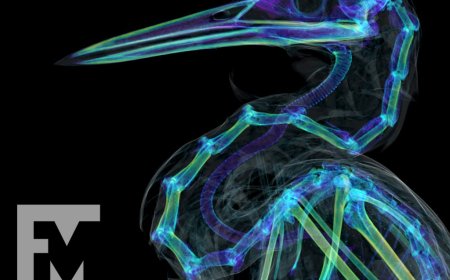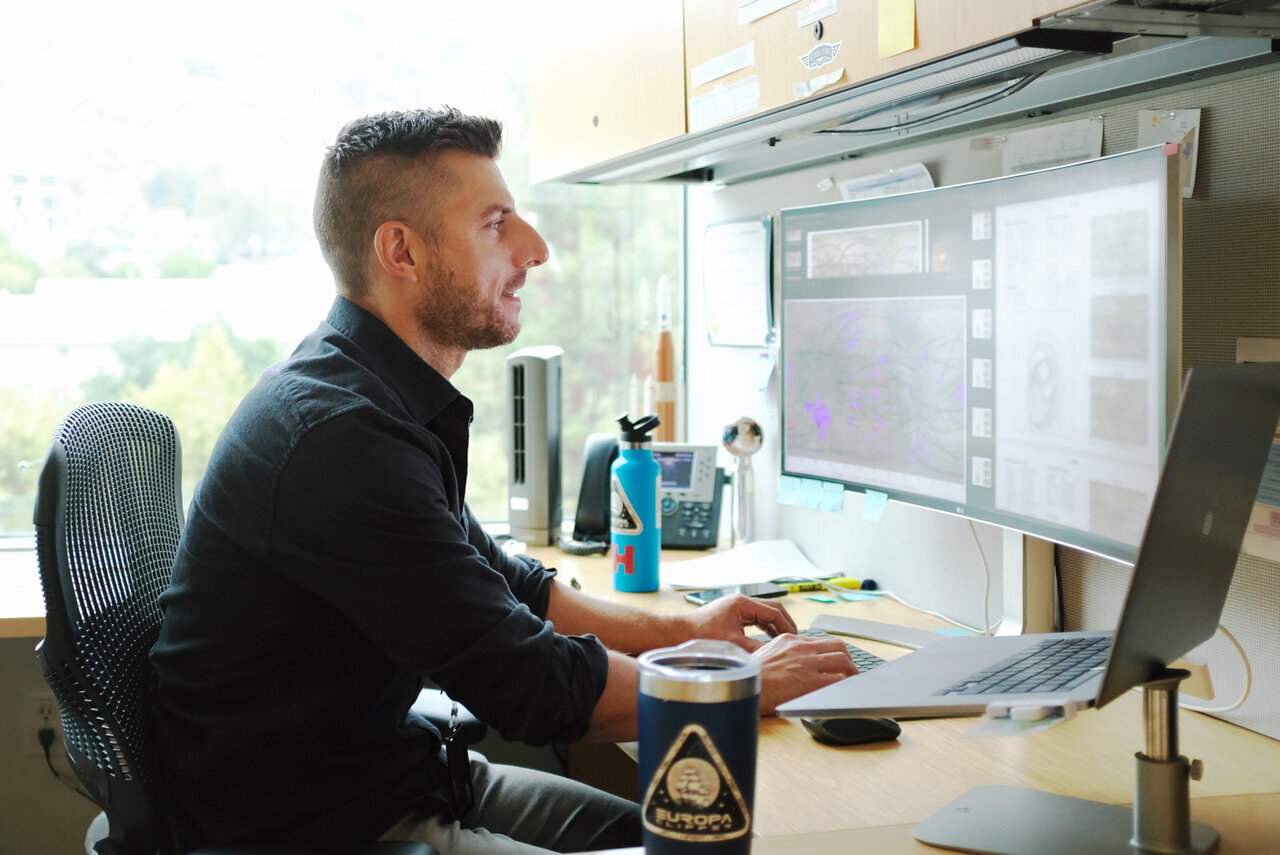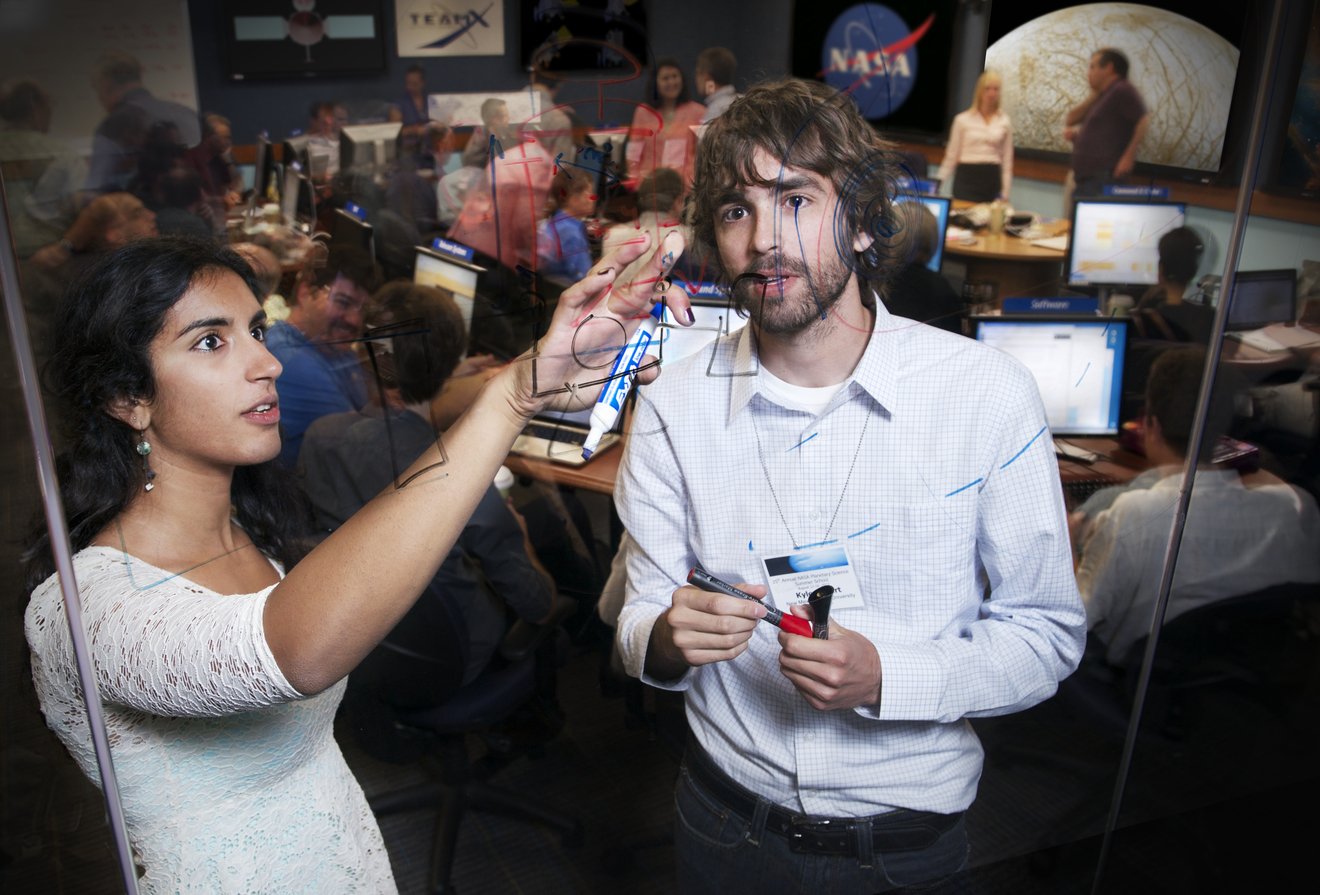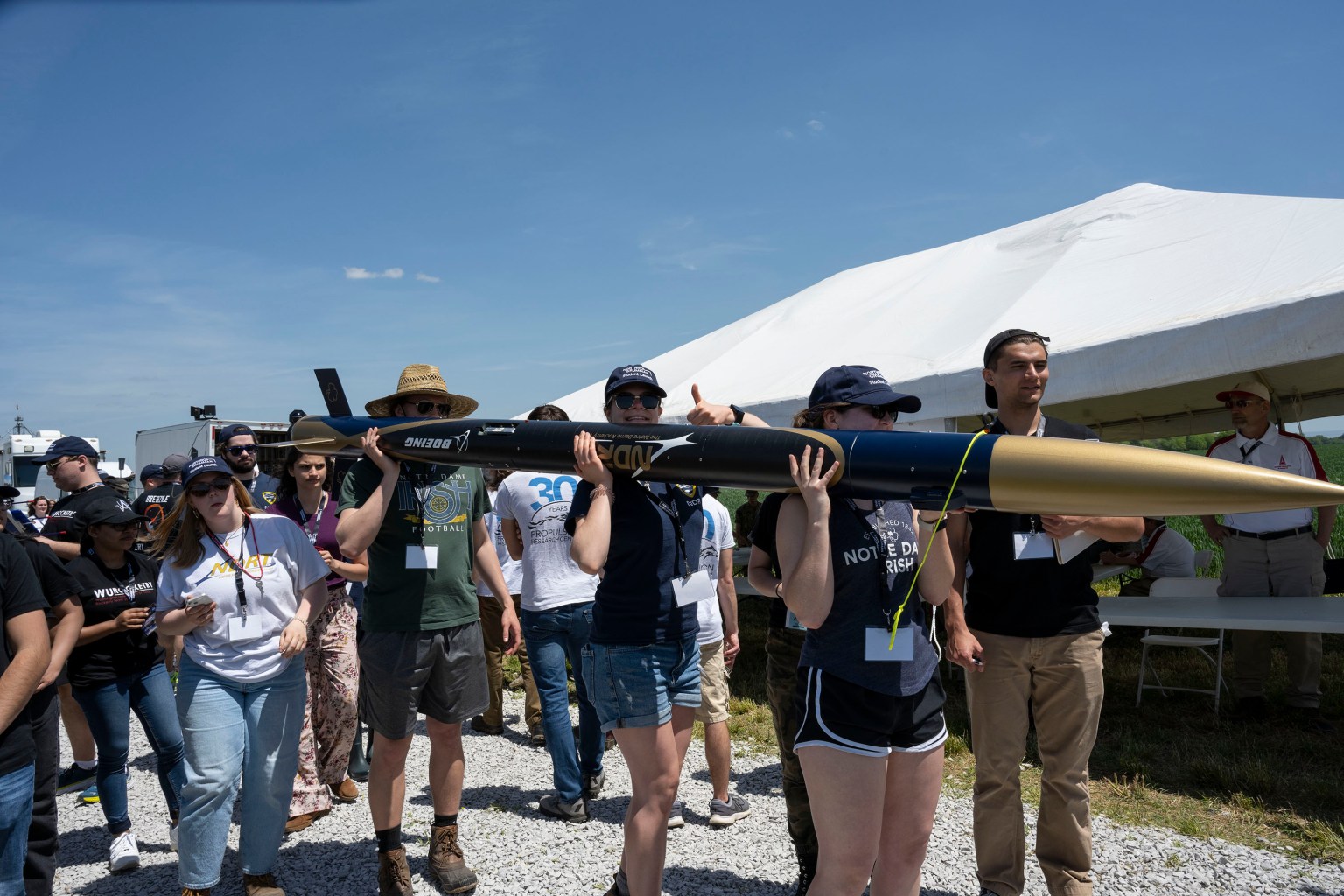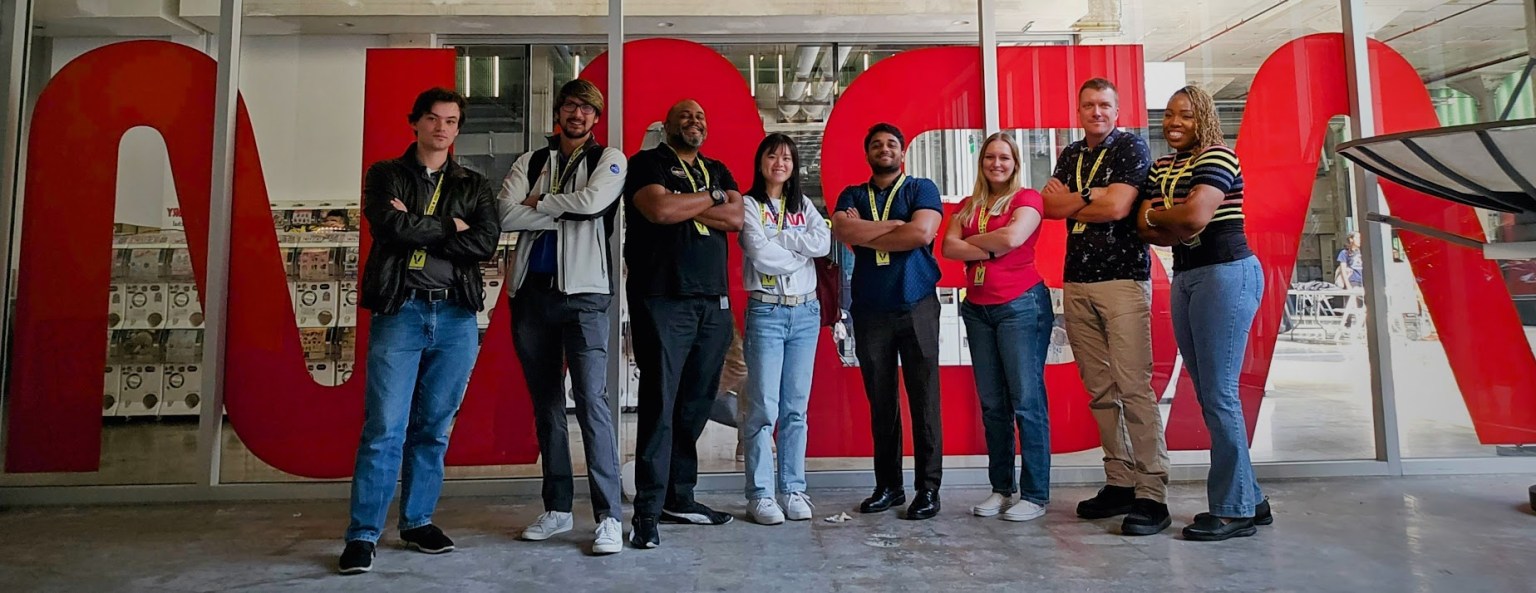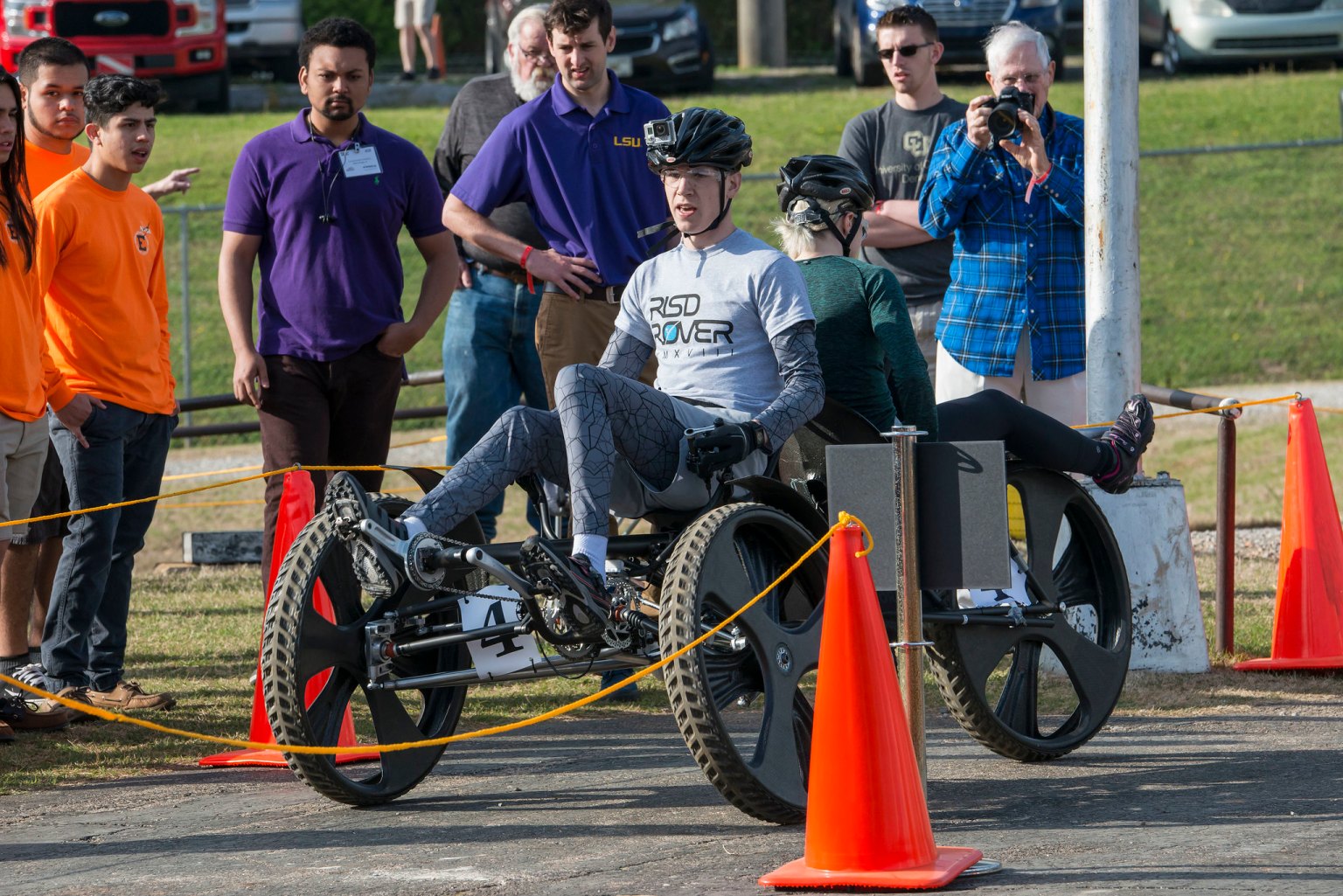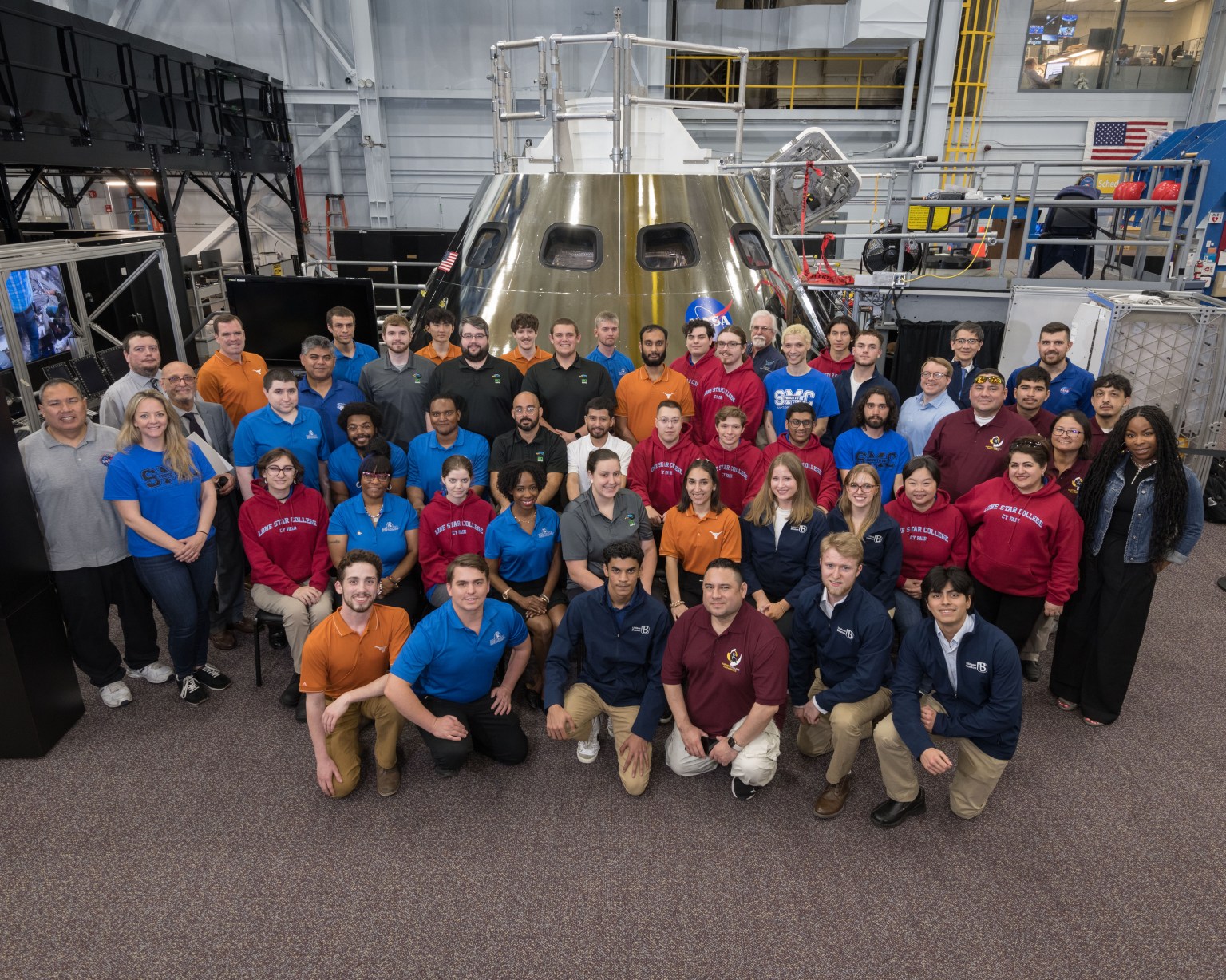Career Spotlight: Mathematician (Ages 14-18)
What does a mathematician do? Mathematicians use their expert knowledge of math to solve problems and gain new understanding about how our world works. They analyze data and create mathematical models to predict results based on changes in variables. Many different fields rely heavily on math, such as engineering, finance, and the sciences. Using math […]

Career Spotlight: Mathematician (Ages 14-18)
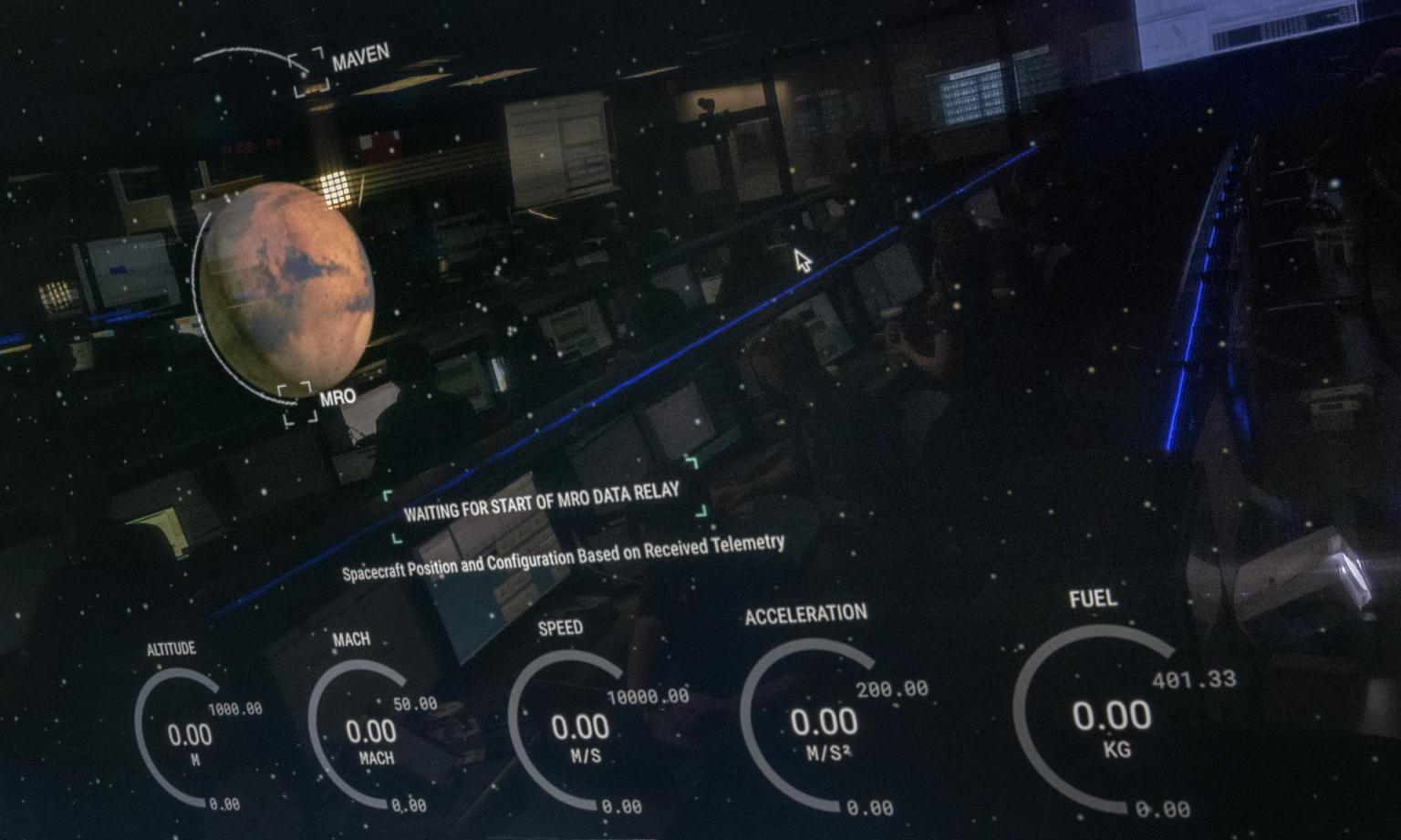
What does a mathematician do?
Mathematicians use their expert knowledge of math to solve problems and gain new understanding about how our world works. They analyze data and create mathematical models to predict results based on changes in variables. Many different fields rely heavily on math, such as engineering, finance, and the sciences.
Using math to solve real-world problems is called “applied math.” This is different from “abstract math,” which refers to the study of the structure of mathematics.
At NASA, applied math enables new discoveries in space science, astronomy, and aeronautics. For example, professionals might use math techniques to calculate the mass or thrust capability of rockets. Others might work to analyze calorie and food consumption rates aboard the International Space Station. Math is also central to physics and astronomy roles.
What are some NASA careers that rely on mathematics?
- Astronomer: Uses skills in advanced math and physics, computer programming, and more to learn about the universe.
- Mathematical modeler: Uses math to create models that help explain or predict how processes behave over time.
- Electrical engineer: Relies on trigonometry, calculus, and other math skills to design, test, and operate electrical systems.
- Data analyst: Uses skills such as algebra and statistics to find meaningful patterns in data.
- Computer scientist: Writes code that involves math, programming, data processing, and the use of special software for complex operations.
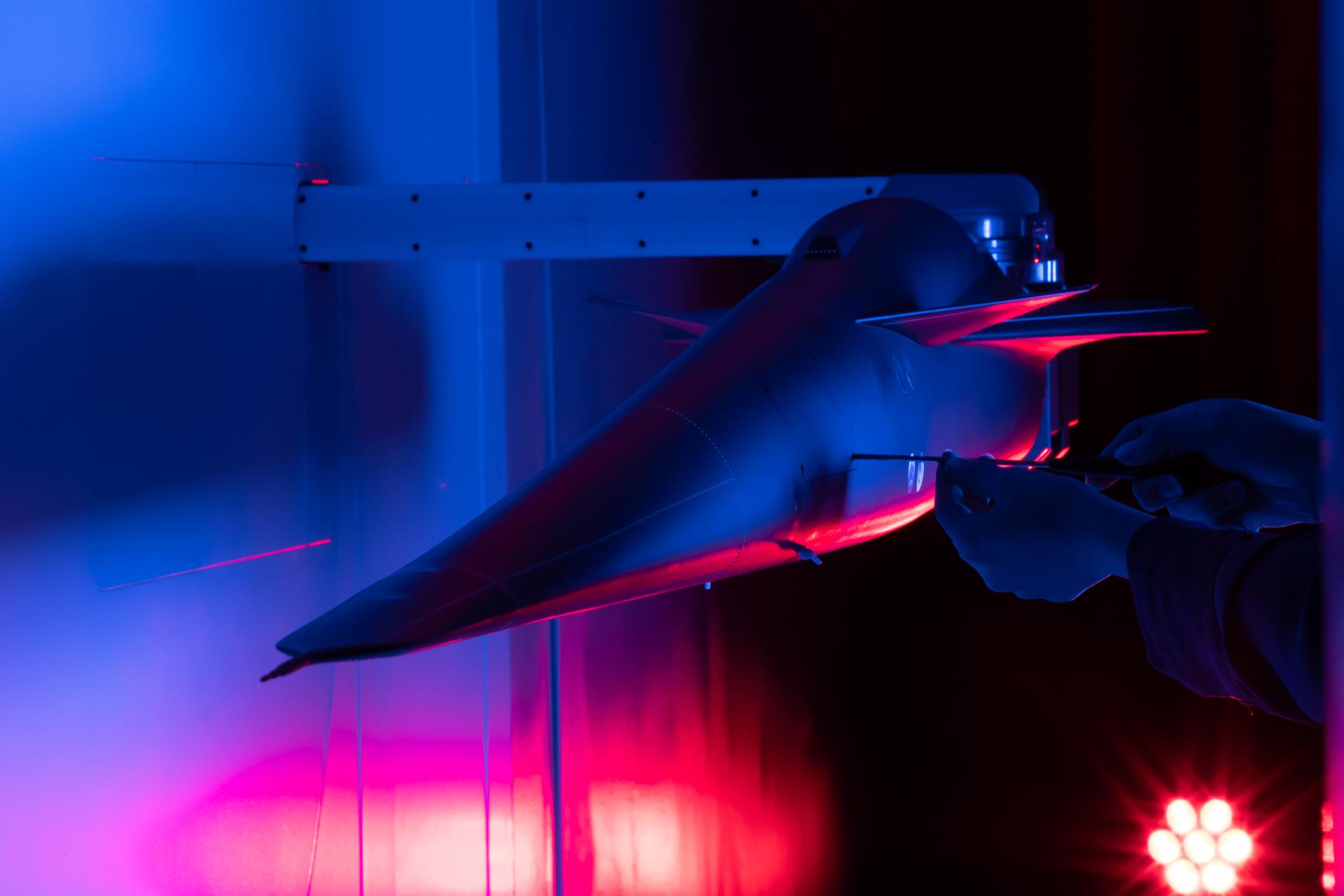
How can I get a job using applied math skills?
If you have an affinity for math, high school is a good time to grow those skills. Taking challenging math courses will help build a strong foundation. Participating in extracurricular activities that use math, such as robotics teams or engineering clubs, will also provide helpful opportunities to apply and hone your skills.
Careers in applied math vary widely. The type of math skills you’ll need depends on which career you’re interested in – such as astronomer or engineer – and what mathematical tools you’ll need in that job. Students may pursue a degree in applied mathematics or in their chosen field, knowing they will need to take math courses. Current job openings, guidance counselors, and mentors can shed light on the best academic path. With this information, you can begin planning for the skills and education you’ll need.
Most math-heavy careers will require at least a four-year degree in the student’s primary field of study along with several college-level math courses. Other careers may require a master’s or Ph.D.
How can I start preparing today to become a mathematician?
Ready to start flexing your math muscles? NASA STEM provides a variety of hands-on activities you can use to practice applying math principles to real-world situations in space exploration and aviation. These activities are available for a variety of ages and skill levels. NASA also hosts student challenges and competitions that offer great experience for those looking to level up their applied math skills and make genuine contributions to helpful new technologies.
NASA also offers paid internships for U.S. citizens aged 16 and up. Interns work on real projects with the guidance of a NASA mentor. Internship sessions are held each year in spring, summer, and fall; visit NASA’s Internships website to learn about important deadlines and current opportunities.
Advice from NASA mathematicians
- Ask yourself if you enjoy mathematics and if you like problem solving and puzzles. Mathematics careers rarely involve “crunching numbers,” but rather thinking of ideas and theories (for theoretical mathematics) or how to manage data, graphics, machine learning, and related computer and data skills (for applied mathematics).
– Jennifer Wiseman, senior astrophysicist, Hubble Space Telescope - Research specific fields where mathematics is applied (data science, engineering, finance) and seek internships or shadowing opportunities to experience these environments firsthand. Connect with math professionals for informational interviews and join mathematical communities or organizations related to areas that interest you.
– Justin Rice, Earth Science Data and Information Systems deputy project manager, Data Systems - Curiosity, willingness to learn, and good communication skills (writing, speaking, illustrating) are important. The last is because although numbers and data are cool, the real magic is being able to interpret them in a way that helps people make business or policy decisions that improve people’s lives.
– Nancy Carney, allocation specialist, NASA High-End Computing
- “Big Data” jobs are one area that might be very active in terms of internships, as there is huge demand for people who can help to process the incredible amounts of data that are being created in various areas. These include space science, but also everyday areas, as companies across the board build up huge customer datasets and seek ways to analyze and interpret that information.
– Kenneth Carpenter, Hubble Space Telescope operations project scientist and Nancy Grace Roman Space Telescope ground system scientist
Additional Resources
What's Your Reaction?



















